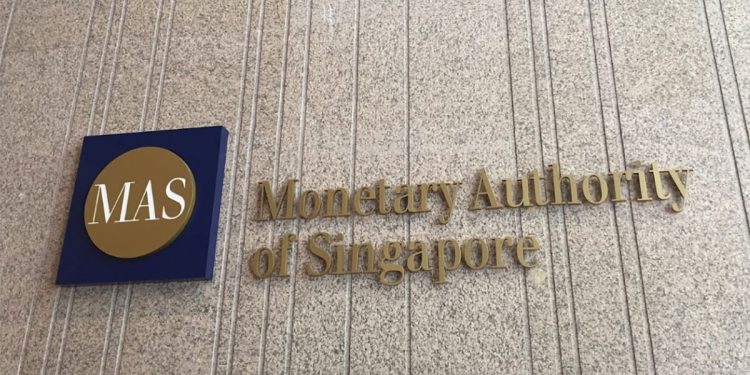Regulation on ESG Rating Services
The Monetary Authority of Singapore has released regulation on ESG rating services, which are intended to develop industry codes of conduct and help investors allocate assets based on ESG principles.
The MAS found that investors have begun to incorporate opportunities and risks related to sustainable development into investment decisions, with 43% using ESG data when making decisions, and 47% using ESG ratings more than once on a weekly basis. However, according to the International Organization of Securities Commissions (IOSCO), the data and methods for ESG rating still lack transparency, which has negative impact on the development of ESG.
Regulatory agencies in numerous jurisdictions around the world are developing policies for regulation on ESG rating services. For example, the European Union recently released an ESG rating document, designating the European Securities and Markets Authority (ESMA) as the regulatory agency for European ESG rating agencies and making regulations for their rating services.
Related Post: EU Proposes Regulation on ESG Rating Services
MAS believes that ESG ratings contain subjective opinions from suppliers and are subject to their own indicators, data, and evaluation methods. Incorporating ESG rating services into regulation can promote professional and high-quality ESG ratings, improve the transparency of methods and data, and help financial market participants choose suitable rating services.
MAS’s Definition of ESG Ratings and Data Products
MAS plans to develop industry codes of conduct for ESG rating agencies and closely monitor the development of global regulation on ESG rating services. The adoption of voluntary industry standards is to avoid negative impacts on the market and enhance the awareness of investors, rating agencies, and other stakeholders. This approach has been applied in regulatory policies in Japan and the United Kingdom previously.
MAS defines ESG rating as: ESG rating refers to providing opinions on any one or more environmental, social, or governance related characteristics of the rating subject, expressed using an established rating category system. ESG rating includes the characteristics of the rating target, as well as research reports published on this target.
MAS defines ESG data products as: ESG data products are data products that collect, summarize, and estimate, calculate, or analyze ESG raw data. The objects of these data products include entities such as companies, funds, trusts, etc.
MAS believes that when ESG rating suppliers are in Singapore and provide rating services externally, they need to comply with industry codes of conduct. When overseas ESG rating agencies provide rating services related to Singapore’s financial products, they also need to meet the criteria.

MAS’s ESG Rating Regulations and Long-Term Plan
MAS believes that suppliers should disclose the measurement objectives of ESG ratings or data products, including the impact of the target on the external environment and society, as well as the level of exposure to transitional risks. In addition, suppliers also need to disclose the subject Performance indicator, as well as their forward-looking strategic plans and objectives, to reduce the risk of green drift. MAS requires suppliers to adopt a way named comply or explain, either by complying with the requirements of the guidelines or by explaining the reasons for non-compliance.
To enhance ESG rating and data credibility, MAS recommends that suppliers voluntarily use third-party guarantees or audits. Suppliers can publicly disclose this information on their websites to help investors choose suitable products.
At present, MAS is soliciting opinions from financial institutions, consumers, and other stakeholders regarding this regulatory document, and will then allow time for suppliers to adapt to the new industry standards. In the future, with a clearer development of global ESG rating regulation, MAS plans to make new regulations on supplier access and ongoing regulatory requirements, and formally establish an ESG rating regulation regime.
Reference:
Consultation Paper on Proposed Code of Conduct for Environmental, Social and Governance Rating and Data Product Providers
ESG Advertisements Contact:todayesg@gmail.com








